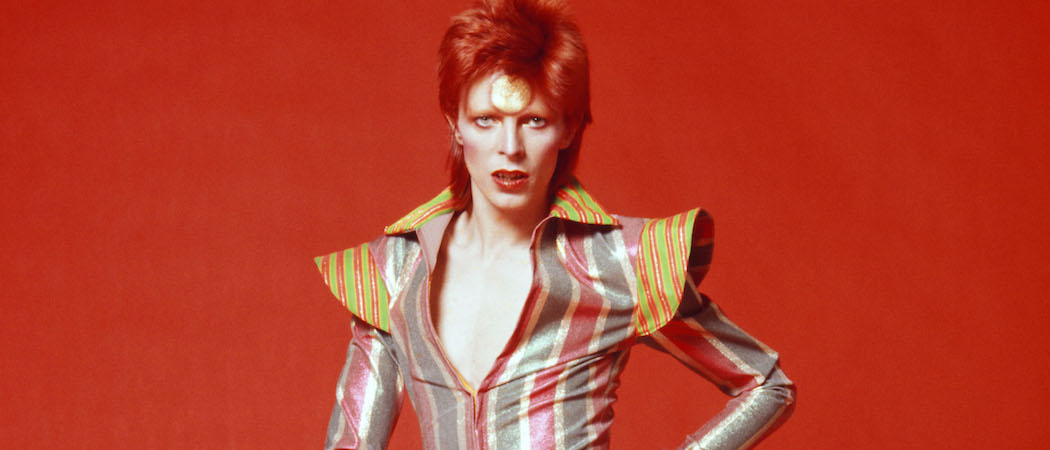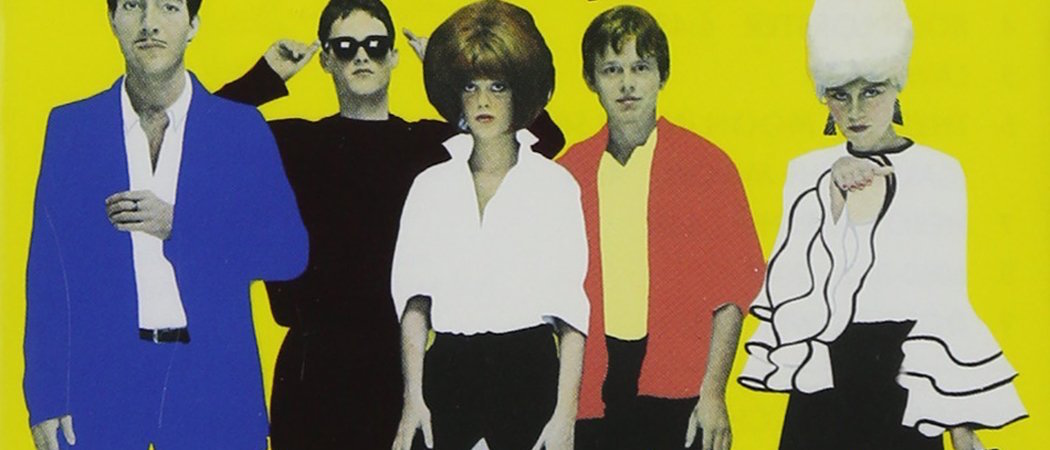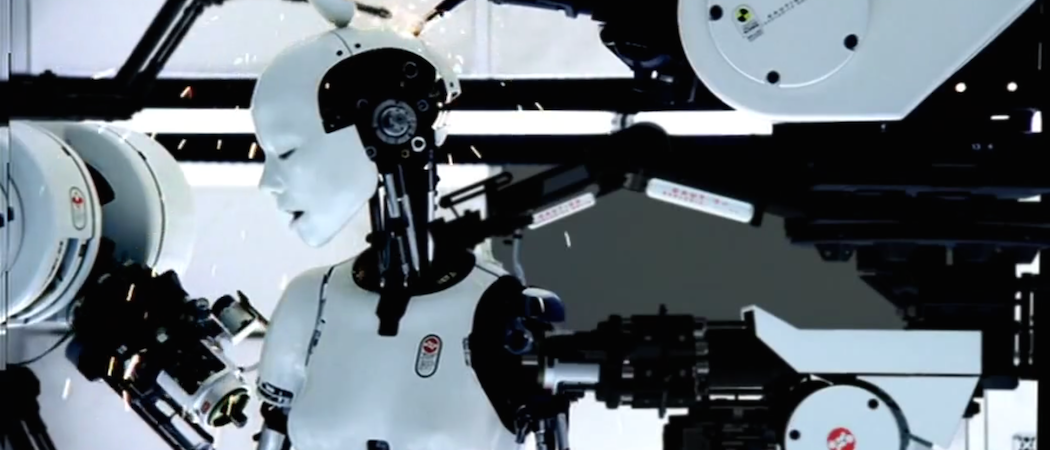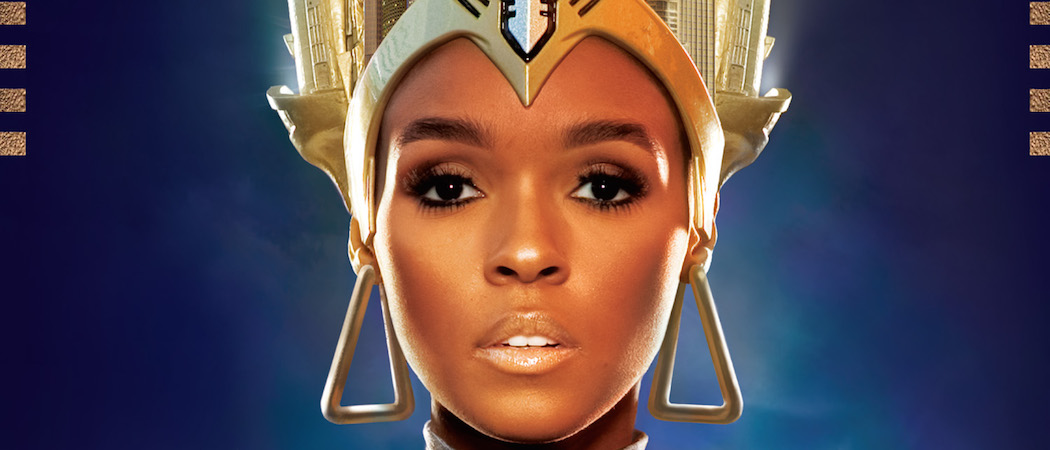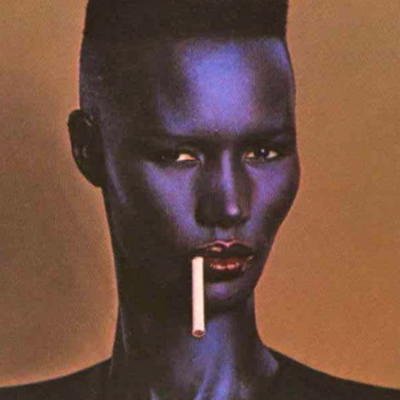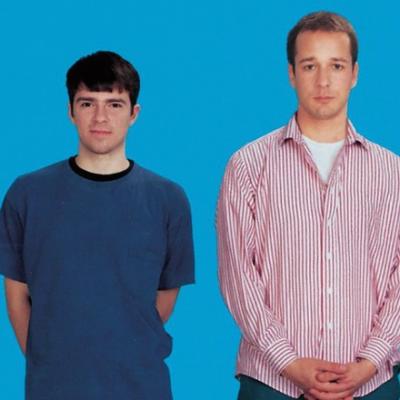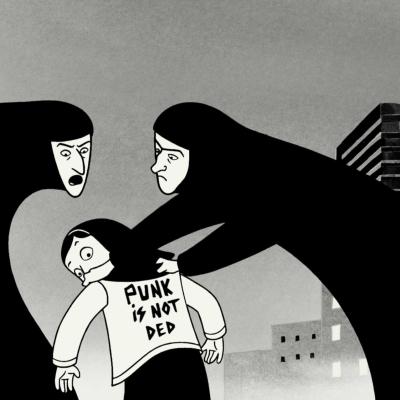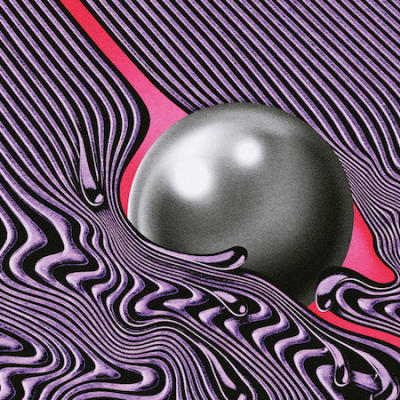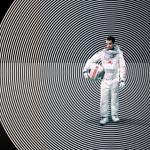Science and science-fiction are no longer the exclusive realm of geeks, with high budget sci-fi movies like Guardians of the Galaxy and Ex Machina bringing in huge sales and great acclaim. One facet of pop culture that has nearly always been tapped into the sci-fi zeitgeist is that of music, which for decades has told enthralling futuristic tales through the medium of song. Load your iPod up with these five albums while you enjoy the wonders of the 21st Century and beyond.
David Bowie - The Rise and Fall of Ziggy Stardust and the Spiders from Mars (1973)
Ziggy Stardust was David Bowie’s fifth studio album, and though he was no stranger to speculative space-based fiction (his first big hit “Space Oddity” being the most obvious example), Ziggy Stardust is arguably the character that turned him into a legend. Ziggy is a bisexual alien rock superstar, who with his band The Spiders from Mars comes to an earth on the very brink of destruction to bring hope to humanity. The ultimately tragic story is pretty flimsy, but the incredible songs, such as the gorgeous “Starman” and the rocking “Moonage Daydream,” and Bowie’s groundbreaking androgynous glam rock persona – clad in sparkly jump suits and heavy makeup – were the wave of the future.
The B-52’s – The B-52’s (1979)
Jokey New Wavers The B-52’s didn’t just get their fashion sense from the 60s. Like Rocky Horror they indulge in a particularly campy brand of retro-futurism on their debut self-titled album. The record begins with “Planet Claire” which “has pink air, and all the trees are red.” B-52’s head shouter Fred Schneider goes on to explain, over a riff inspired by the iconic Peter Gunn theme, “no one ever dies there, no one has a head.” The record also includes the immortal “Rock Lobster” which is like an old B-movie monster feature turned into a song, an ode to dearly departed superheroes in “Hero Worship” and a tourism commercial for cities on the moon called “There’s a Moon in the Sky (It’s Called the Moon).”
You should watch the music video for Björk’s “All Is Full of Love,” the closing track from her 1997 masterpiece Homogenic. All the clean robotic lines contrasting with the lovely tenderness of the song are perfectly emblematic of the record, which combines lush string sections with hard-hitting electro beats. Björk’s lyrics are as playful and abstract as ever, but they really seem to come from another world. On opening track “Hunter” she’s a bounty hunter in search of love, on “All Neon Like” she’s literally aglow with her lover’s touch, and on “Alarm Call” she’s waking the world up with “a radio and good batteries.” Homogenic isn’t openly a sci-fi narrative, but listening to it you definitely feel like it’s not of terrestrial origin.
The Flaming Lips – Yoshimi Battles the Pink Robots (2002)
On Yoshimi Battles the Pink Robots, The Flaming Lips combine an idiosyncratic sci-fi theme with a powerfully beating emotional heart to create a piece of perfect pop. Like Bowie’s Ziggy Stardust the story isn’t obvious (or even intentional), but the common themes throughout the album make for a profoundly thought-provoking experience. The melancholy record asks us to consider our humanity in the face of an increasingly artificial age, and features some of the most beautiful songs the Lips ever recorded. The electro-acoustic experiments on display here – where acoustic guitars rub up against metallic and impressionistic synth noises - make for a stunning sound you won’t find anywhere else. Just listen to “Do You Realize??” and try not to feel something.
Janelle Monáe – The Metropolis saga (2007 – 20??)
Janelle Monáe began her intended seven-suite Metropolis saga (inspired by Frtiz Lang’s 1927 silent sci-fi classic of the same name) in 2007 with her EP Suite I: The Chase, and continued it in 2010 with TheArchAndroid (suites II and III) and 2013 with The Electric Lady (suites IV and V). Monáe draws on influences as diverse as Charles Chaplin, Blade Runner, soundtrack composer Ennio Morricone, Outkast, Parliament/Funkadelic and all genres from folk to Broadway musicals to tell the story of Cindi Mayweather, a cyborg who falls in love with her creator and is condemned to “immediate disassembly.” In telling the story of Cindi’s robot revolution, Monáe creates profound parallels with recent and present-day struggles for civil recognition that will make her words ring true for centuries.
